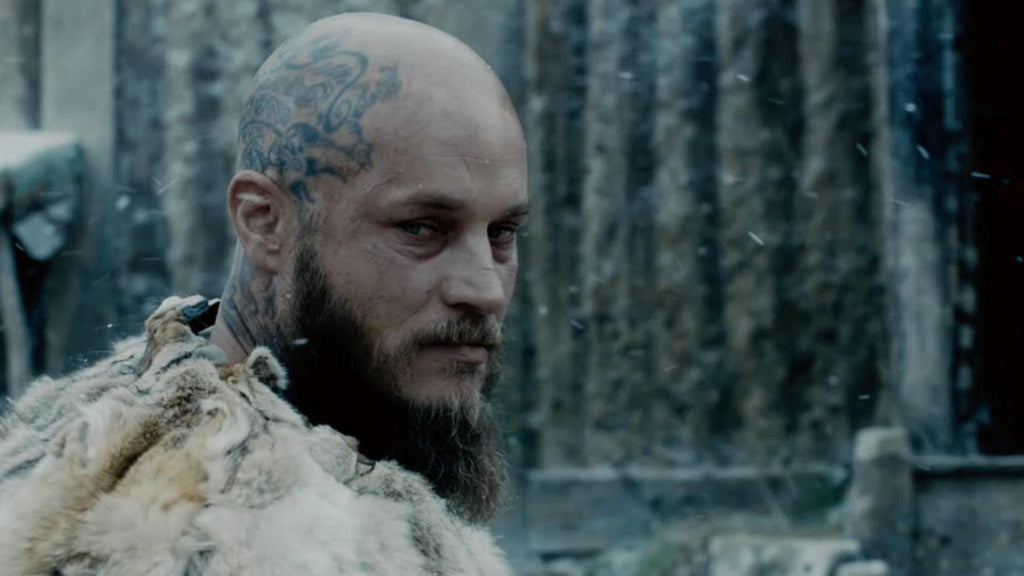Dead Men Do No Deeds: Vikings Still Preferred Life?
With the success of modern movies and books, the name "Vikings" has reached a new level of fame. But commonly, what the audience knows about the Vikings is the image of warriors who would devote whatever they had only to die in battle. This is, however, a part of the story. What lies deep below is the sacrifice for their faith, say martyrs. But the Vikings, much as I believe, desired to live. This blog post is to illustrate that the Vikings still preferred to live.
Hávamál is one of the most famous sources from which we can learn Norse mythology and Viking culture. Many stanzas from Hávamál proves the desire to live of the Vikings.
Better to live than to be lifeless:
the living can hope for a cow.
While the wealthy man sat warm by his fire,
a dead man lay outside the door.
The above stanza shows that the Vikings treasured their life a lot. There was nothing more valuable to open their eyes every day, to breath, and to love their beloved ones. Even if one was poor, at least they were alive.

To be alive is to care for your beloved ones. But death made you surrender and relinquish the chance to even see them again.
Only the alive could enjoy the pleasures of living, as simple as the fire warmth on a cold winter night. But death made one relinquish all hope and joys of life, even the little cozy atmosphere in the family.
This stanza is among the first mention in the whole literal work about the fundamental belief to treasure life. It manages to address the value of living even if one had to suffer tons of things in their life.
The lame rides a horse,
the handless is herdsman,
The deaf in battle is bold;
The blind man is better
than one that is burned,
No good can come of a corpse.
External forces would never make one back down if they had strong willpower. Physical disabilities, of course, could hold one back. But unless they allowed disabilities to gain the upper hand, they would manage to do something in life.
The lame could ride on horseback. A man without hands could control cattle. The one with hearing problems could be bold in battle, at least far better than the one got burnt on the stakes. There would always be a chance for one to gain glory in life. As long as they were alive, they could do something.
In the Viking legend, the great Viking hero Ivar the Boneless was the best example for this. He was born with some physical disabilities as his name indicated, unable to walk probably. But he made himself a king with great military mindset and burning desire to conquer all.

Ivar Boneless in "Vikings" TV Series
It's important to do something in our life. It did not have to be something great but it could be anything simple and nice. Havamal also mentioned the memory of one individual when they were gone. It was because of one's deeds that their memory lived on.
Cattle die, kinsmen die,
One day you will die yourself;
I know one thing that never dies—
The dead man’s reputation.
After all, everything would come to an end. Nothing could beat the destructive power of time. When their time came, they had to go. But their names would be remembered if they had done something nice to the living. Sometimes, I feel like our life is merely a journey to prepare for death and to prepare to make people remember our names.
Overall, what presented in Havamal suggests a view about the perks of being alive with the tolerance of some disabilities. We see Viking warriors made the ultimate sacrifice in battle but we don't know what their feelings were at that moment, do we?
The Vikings treasured their life, too. They were humans too. But life at that point required them to become warriors to fight or to lose everything. That's why they had to have a faith which helped them to believe and fight. They had to have a vision that a great afterlife awaited them, Odin preparing a feasting table for them and their fallen brothers chanting along the hall.




